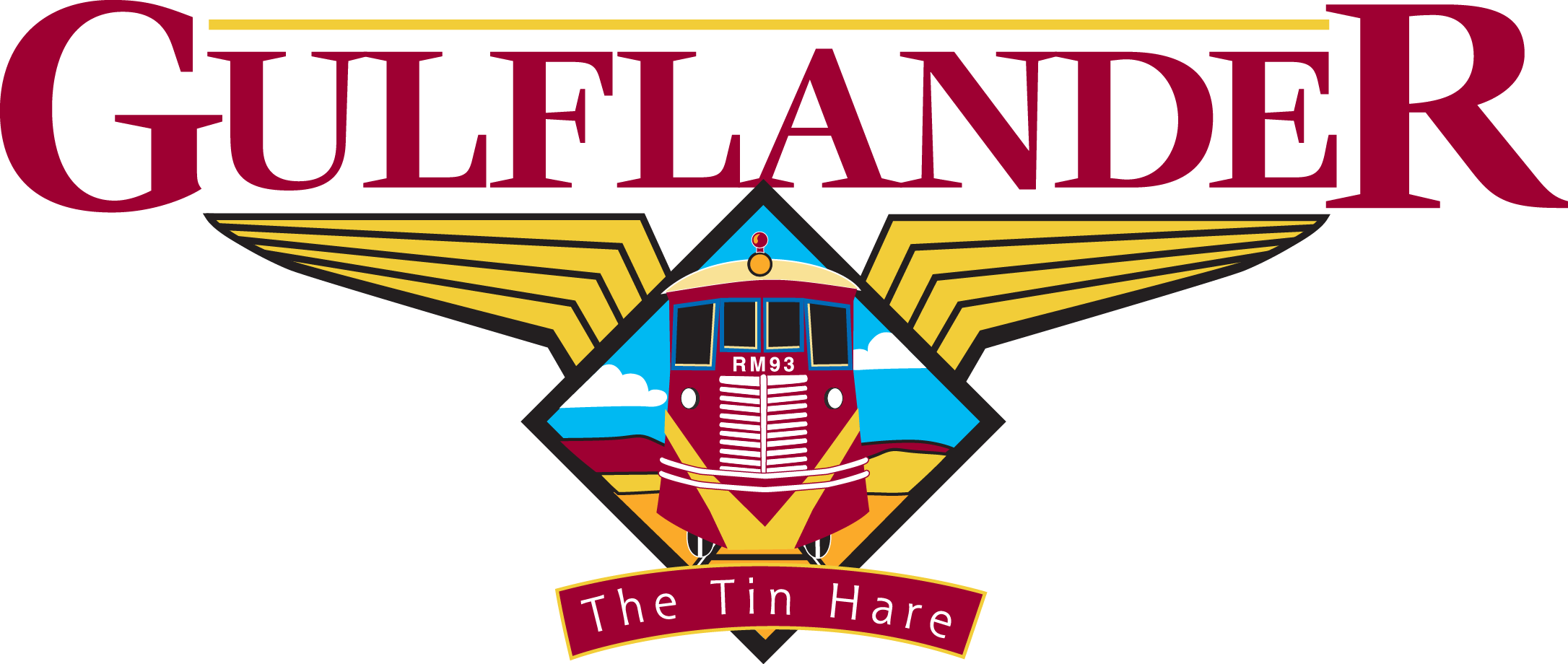Travelling with a guide, hearing or assistance animal
On this page you’ll find information about travelling with guide, hearing or assistance dogs or assistance animals, including definitions, criteria, conditions of carriage and how to book.
Certified assistance animals are permitted on board, please discuss your exact requirements with your travel consultant to determine if you will be able to safely use the service.
For customers travelling with an approved assistance animal, our luggage policy allows for one additional luggage item (up to 20kg maximum) to allow for additional items required for travelling with an assistance animal. Note that our onboard team can only provide assistance with carrying small hand-held luggage up to 7kg maximum.
Are animals permitted on our services and at our stations?
For the safety and comfort of all customers, animals are not permitted on any Gulflander service or station except for:
- Guide, hearing and assistance dogs that are trained and certified in accordance with the Guide, Hearing and Assistance Dogs Act 2009 (Qld) with an identity card issued in accordance with that Act. This includes a guide, hearing and assistance dog under training.
or
- Animals that meet the assistance animal requirements as outlined in the Disability Discrimination Act 1992 (Cth) (“assistance animal”), being animals that assist a person with a disability to alleviate the effect of the disability and meets standards of hygiene and behaviour that are appropriate for an animal in a public place, with an approved assistance animal pass.
A booking is required for all assistance animals, and they will be carried free of charge on Gulflander services. To book with us please visit our Contact us page.
For terms and definitions please refer to Guide, hearing and assistance dogs | People with disability | Queensland Government (www.qld.gov.au) (opens in new tab).

